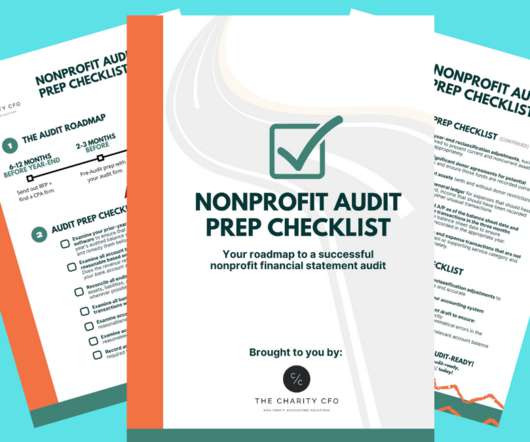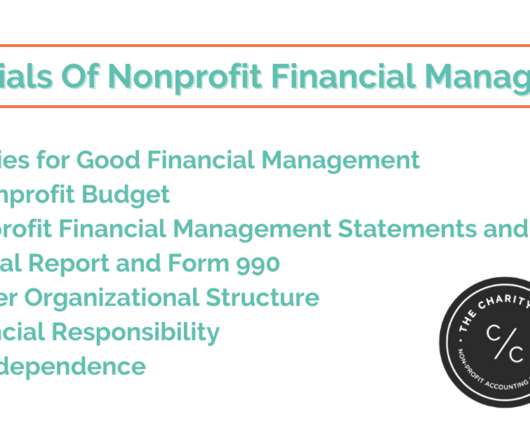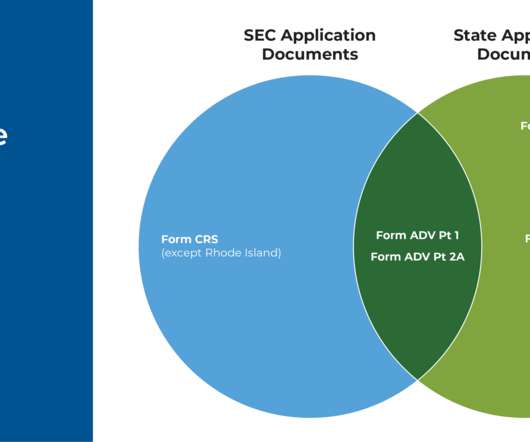IBM Cognos Controller: Financial close management managed by the office of finance
Future CFO
APRIL 18, 2022
Finance organizations regularly face the challenges of meeting strict deadlines and satisfying data quality requirements for closing the books and delivering accurate financial statements. It enables finance teams to automate and accelerate the financial close with minimal IT support. DOWNLOAD NOW.














Let's personalize your content